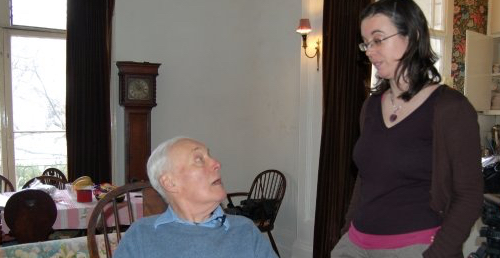
The Making of ‘The Atom: A Love Affair’; A Long-Held Dream Becoming a Reality
In the mid-2000s, arts graduate Vicki Lesley was unhappy in TV; stuck creating morally grey TV programmes for the likes of Sky & Channel 4, such as ASBO Fever, which relied on taking advantage of the less fortunate. However, in 2006, she had an idea to make a real difference to the world, and thus […]
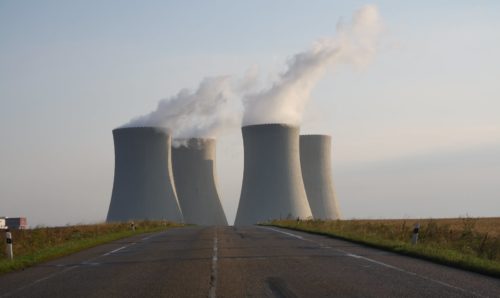
Meet the 2022 GREEN CDT Cohort!
The Growing skills for Reliable Economic Energy from Nuclear (GREEN) CDT is a consortium of 5 universities: Lancaster, Leeds, Liverpool, Manchester and Sheffield. It was formed in 2018 and currently has around 75 PhD students at various points in their studies across the 5 universities. This page lists some of the 2022 GREEN PhD students […]
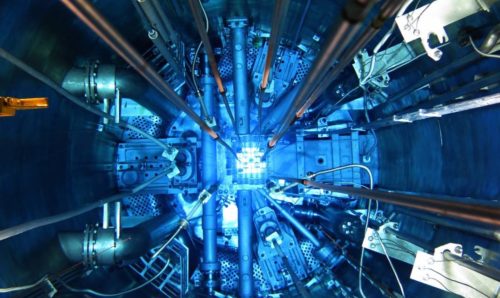
Myth Busting the Nuclear Industry
Author: Charley Nevin, University of Sheffield With the majority of the population getting the lion’s share of their information about nuclear power from The Simpsons, it is no wonder there is a great deal of misinformation out there about the industry. From green, glowing fish, to highly unskilled control room operators, there is plenty in […]
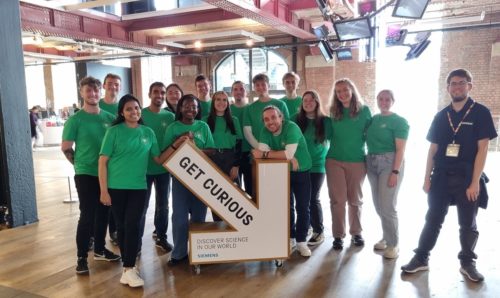
Nuclear Scientists Take Over Manchester Science + Industry Museum
Author: Abbie McCarrick, University of Liverpool. With thanks to Manchester Science + Industry Museum, Siemens & GREEN CDT. In September, a group of PhD students from GREEN CDT (Growing Reliable Economic Energy from nuclear Centre for Doctoral Training) visited Manchester’s Science and Industry Museum to deliver numerous exciting activities for young people and adults, themed […]
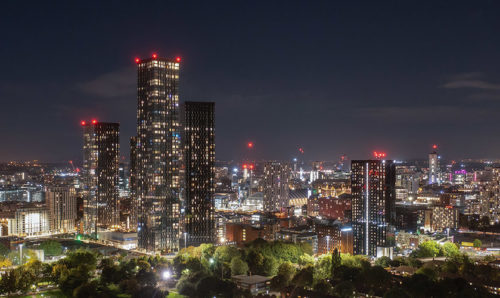
Summary of Dalton Position Paper – ‘Delivering Advanced Nuclear Energy: The Role of Government’
Author: Charley Nevin, PhD Student, The University of Sheffield The Dalton Nuclear Institute brings together the skills and expertise of the nuclear research community at The University of Manchester. Their recently published position paper titled ‘Delivery of Advanced Nuclear Energy: The Role of Government’ explores the actions that the UK Government can take to smooth […]

Why should students as “future decision makers” support usage of nuclear energy?
Author: Maddie Woodside, Geography student, The University of Manchester For those who are unsure why nuclear energy is now being spoken of as one of the cornerstone energy source solutions of the future, I have outlined in this blog briefly why I believe nuclear energy is a valuable clean energy source for achieving the UK’s […]
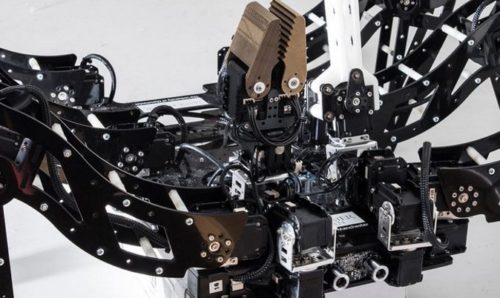
Robots for the nuclear industry
Author: Thomas Johnson, The University of Manchester All around the industrial world we are living through a robotic revolution. The nuclear industry is no exception to this. In fact, the inherent risk that radioactivity poses to humans has meant that robotics has been a part of the nuclear industry since the 1960s. We need robotics […]
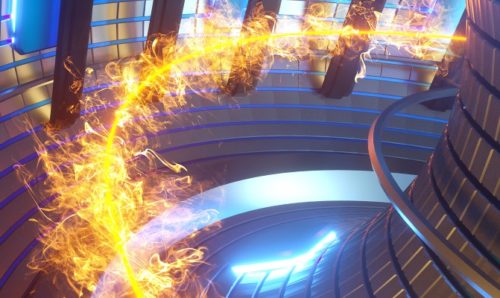
The roaring twenties for fusion energy?
Author: Emre Yildirim, PhD student, The University of Manchester. Touted as the Holy Grail, or cited as another big science big bust, nuclear fusion has its lovers and haters. While comments rain from all sides as headlines come out regarding recent discoveries and new cash injections, it is time for us stop and let the […]
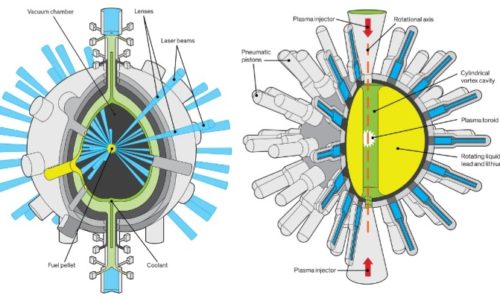
Fake it till you make it: Sitting with experts
Author: Ted Hicks, PhD student, The University of Manchester. As a PhD student on the Fusion CDT, a joint program between The University of Manchester and other UK universities, I was lucky enough to be given the opportunity to be the student voice on a panel about developing nuclear fusion regulation in the UK. I’d […]
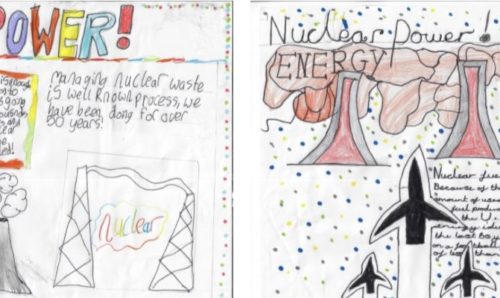
Taking nuclear research to primary school
Author: Megan Watters, PhD student, The University of Manchester. Earlier this month, a few of the Dalton Nuclear Institute researchers went on an outreach road trip to the leafy village of Rode Heath in Cheshire. We first had a great talk from James, introducing the topic of nuclear energy to the primary school students. It […]

Turning Fusion from a Dream to a Reality
Author: Dr. Aneeqa Khan, Research Fellow in Nuclear Fusion. Nuclear fusion is the process that drives the sun. Unlike traditional nuclear power which involves splitting nuclei, fusion fuses nuclei together, liberating huge amounts of energy. It has the potential to be an abundant source of power that has very low carbon dioxide emissions While fusion […]
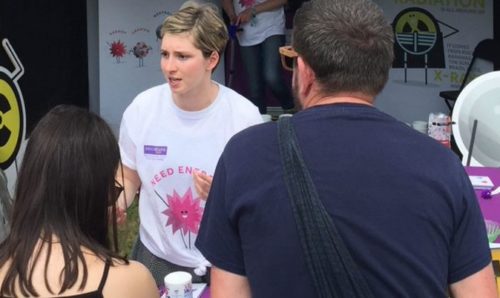
An Introduction to Nuclear Regulation in the UK
On the surface, nuclear regulation within the UK appears to be a complicated web of acts, laws, regulatory bodies and acronyms. Hopefully, this breakdown will help to demystify this important aspect of our nuclear and radiological industries. In order to regulate an industry, there needs to be rules which govern the activities and there needs […]
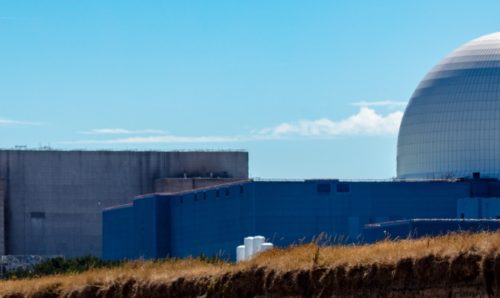
Nuclear Research: Water Radiolysis and Corrosion Science
The most common type of nuclear reactor worldwide is the pressurised water reactor (PWR).[1] This design uses two discrete water coolant systems, termed the primary and secondary coolant loop. The primary coolant passes through the reactor core where nuclear fission takes place, ultimately transferring heat to the secondary coolant loop for thermal energy conversion to […]
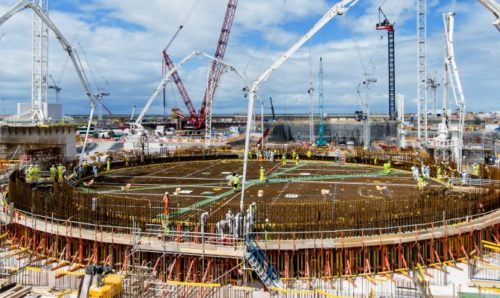
Nuclear Research: Waste Disposal Drivers
‘Waste Disposal Drivers for a Range of Nuclear Power Systems’ is my PhD title, but like many PhD titles, this doesn’t give much insight into what I actually do. In real words, the project involves quantitatively assessing five nuclear fuel cycles to draw comparisons between them, focusing on properties and masses of spent fuel, the […]
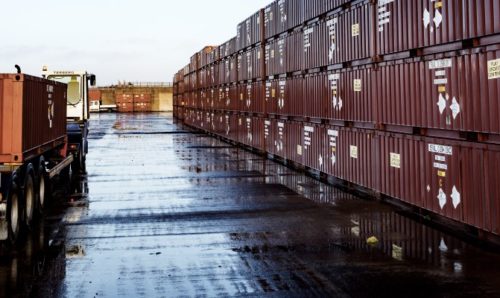
Nuclear Research: Minerals, Sulfide, and Radwaste Disposal
Nuclear and radiochemistry research is a diverse and unique field of study. This month we’ve asked some PhD students to summarise their research and how this may apply to the nuclear industry. Luke Townsend discusses his work on the ‘Long-term Fate of Radionuclides during Sulfidation’. When anyone mentions nuclear power, one of the first issues people […]

